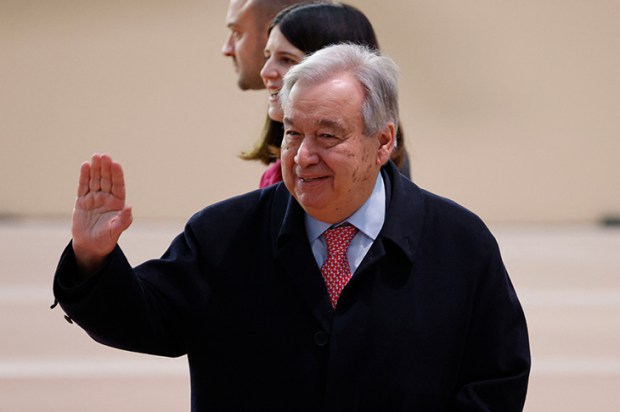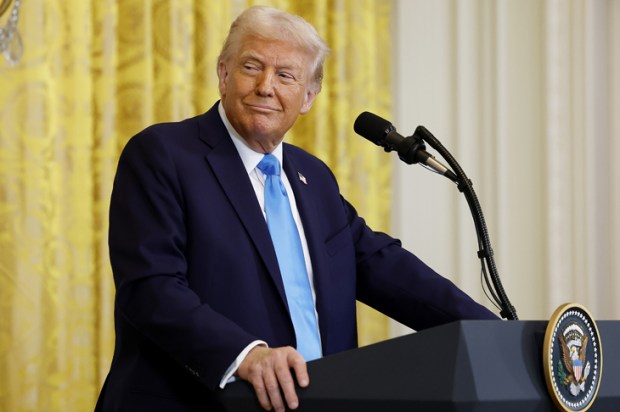In ceasefire negotiations between Hamas and Israel, Qatar plays a key role as a mediator. The recent and contentious hostage-prisoner swap, which involves exchanging 30 convicted criminals for each Israeli hostage released, was reportedly imposed on Israeli Prime Minister Benjamin Netanyahu by President Trump through his envoy, Steve Witkoff. In 2023, Qatar’s state-owned investment authority purchased the Park Lane Hotel in Manhattan from Witkoff for $623 million, a transaction some observers have described as a bailout. While this colours the water, Trump’s penchant for deal-making compelled Netanyahu to accept the terms. Though Qatar might appear to act as an impartial broker with neutral geopolitical intentions, the country has long faced serious accusations of funding extremist groups and supporting ideologies that contribute to global terrorism.
Central to the debate is Qatar’s open financial and political support for the terrorist group Hamas. While Qatar frames its assistance as humanitarian aid aimed at alleviating the suffering of Palestinians in Gaza, critics argue that these funds support Hamas’s militant activities. Since 2012, Qatar has pledged billions of dollars to Gaza for reconstruction efforts, much of which flowed through Hamas-controlled entities. Some of this funding has reportedly been used to build tunnels and military capabilities, enabling Hamas to sustain its conflict with Israel.
Qatar’s alleged ties to extremism extend far beyond its support for Hamas. The European Parliament’s 2013 report on Salafism and Wahhabism provided evidence of Qatar’s involvement in financing extremist networks across the Middle East, North Africa and beyond. Salafi preachers, backed by Qatari patrons, promoted ultraconservative ideologies that inspired jihadist movements. These funds often flowed through charitable organisations, which exploited crises to entrench extremist ideologies in vulnerable communities.
In Syria, Qatar was accused of funnelling money and weapons to groups like Jabhat al-Nusra, an al-Qaeda affiliate. This support not only fuelled the Syrian civil war but also empowered radical factions that undermine efforts to establish a secular and unified opposition against Bashar al-Assad’s regime. Similarly, in Libya, Qatari funds allegedly bolstered Islamist militias, contributing to the country’s destabilisation and the proliferation of arms in the Sahel region, in sub-Saharan Africa. The European parliament report also highlighted Qatar’s role in the Sahel, where its financial support bolstered Salafi-jihadi groups operating in Mali, Niger and surrounding countries. These groups exploited the power vacuums created by regional conflicts, using Qatari resources to expand their operations and destabilise entire regions.
Evidence has emerged that, while not directly involved in the events of 9/11, Qatar provided assistance to Khalid Sheikh Mohammed (KSM), the mastermind of the attacks, during his stay in the mid-1990s. While employed by Qatar’s Ministry of Electricity and Water, KSM allegedly used the country as a safe haven to plan terrorist activities, including early stages of the 9/11 attacks. FBI efforts to arrest KSM in 1996 were thwarted, with evidence suggesting Qatari officials leaked information that allowed him to escape.
The modus operandi of Qatari charities further underscores the blurred lines between humanitarian aid and terror financing. Organisations funded by Qatar have been implicated in supporting extremist networks in South Asia, Southeast Asia and Africa. For instance, funds channelled through Qatari charities have reportedly reached madrasas in Pakistan that serve as recruitment hubs for jihadist groups like the Haqqani network and Lashkar-e-Taiba. These funds, often raised under the guise of disaster relief, have perpetuated cycles of radicalisation and violence.
Qatar’s influence extends beyond direct financial support for militant groups. The Gulf state has invested heavily in Western institutions, including Ivy League universities in the United States.
Through donations and partnerships, Qatar has funded academic programs and research centres that critics allege promote anti-Israel sentiment.
State-funded media outlet Al Jazeera is another key instrument of Qatar’s soft power strategy. While Al Jazeera positions itself as an independent voice championing press freedom, its editorial stance frequently aligns with Qatar’s foreign policy objectives. It is not widely known that the content of its Arabic-speaking channel is very different from the restrained and sanitised English outlet. The network has been accused of providing a platform for Islamist figures and framing narratives that legitimise extremist movements while vilifying their adversaries. In 2017, Qatar faced a rift with Gulf neighbours, including Saudi Arabia, the UAE, Bahrain, and Egypt, who accused it of financing terrorism and supporting groups like the Muslim Brotherhood. This led to a diplomatic and trade embargo with Qatar rejecting demands to shut down Al Jazeera and sever ties with alleged terrorist organisations. Interestingly, in May of last year, Israel’s cabinet unanimously voted to order the closure of the company’s offices and place a ban on its broadcasts.
Qatar has consistently denied allegations of supporting terrorism. Its government points to its hosting of a major US military base and its participation in counter-terrorism coalitions as evidence of its commitment to global security. However, these gestures often appear to be part of a broader strategy to shield itself from criticism while continuing to fund and harbour extremist elements. Western allies, particularly the United States, face a dilemma. On one hand, Qatar’s strategic location and resources make it an indispensable partner in the region. On the other hand, its actions undermine international efforts to combat terrorism, creating a paradoxical relationship that frustrates policymakers.
The evidence against Qatar is too compelling to ignore. From its financial support for Hamas to its funding of extremist networks and ideological influence in academia and media, Qatar’s actions have consistently undermined global security. Its dual role as both a mediator and a sponsor of extremism raises serious questions about its intentions and credibility as an international partner. To hold Qatar accountable, the international community must demand greater transparency in its financial practices and impose stricter regulations on charitable organisations linked to extremist activities. Western institutions, including universities, should scrutinise donations and partnerships to ensure they do not inadvertently enable Qatar’s ideological agenda. Finally, diplomatic pressure must be exerted to compel Qatar to sever its ties with militant groups and adopt a zero-tolerance approach to terror financing. Until Qatar takes concrete steps to address these allegations, its role as a sponsor of extremism will remain an open secret, posing a persistent threat to regional and global stability.
Got something to add? Join the discussion and comment below.
You might disagree with half of it, but you’ll enjoy reading all of it. Try your first month for free, then just $2 a week for the remainder of your first year.













